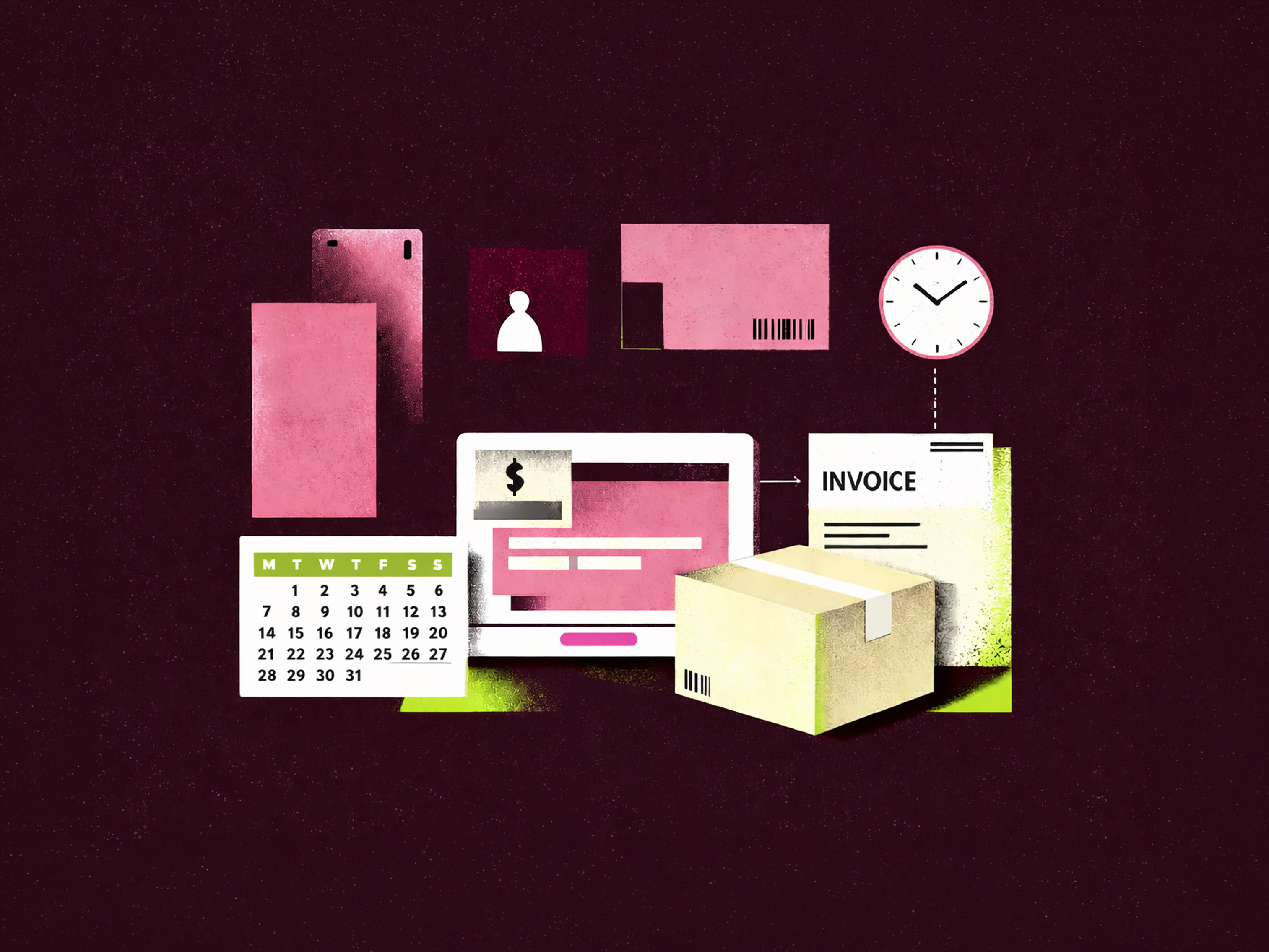Part of the benefit of working with independent contractors is that they don’t require the same level of investment on your part as an employer—you can find help when you need it for one-off projects or hourly work, and scale back when you don’t. You’re not required to offer retirement packages, health insurance, or other costly personnel expenses, and your contractors aren’t required to attend random meetings, be on-call anytime during the workweek, or commute for hours every day.
The flip side of this for freelancers and consultants is that they lack the various legal protections that apply to employees, or the resources possessed by stand-alone companies, meaning self-employed professionals can easily be bullied by their clients. This is especially true in today’s “gig economy” where companies like Uber or DoorDash exploit loopholes to keep their workers underpaid.
It’s the misdeeds of these gig companies in the 2010s that spurred a round of legislation designed to protect contractors. This includes basic requirements that determine who is an independent contractor and who is not, as well as more stringent regulations that apply to several states, like New York City’s Local Law 140 of 2016, a.k.a. “The Freelance Isn’t Free Act” (FIFA).
In this post, we’ll dig into the regulations you need to know to manage your contractors effectively if they reside in the United States:
Legally classifying independent contractors
The most common regulations surrounding freelancers, gig workers, and independent contractors is those around classification. Misclassifying a contractor as a W2 employee or vice-versa can bring hefty fines for you and create some serious headaches for your contractors. For instance, in Texas, misclassification fines start at $200 per worker, while Michigan employers can expect a fine of around $1,000, imprisonment for up to a year, or both. However, regulations don’t make it easy, with a patchwork of federal and state guidelines to sift through.

Many states use one of two primary tests to assess worker-employer relationships: the ABC test and the Common Law test. There are also modified ABC test versions, the A&B and A&C tests. (Yes, it’s confusing.)
The ABC test consists of three criteria that must all be met for a worker to be considered an independent contractor:
- The worker is free from the control and direction of the hiring entity.
- The worker performs services that are outside the usual course of the hiring entity's business.
- The worker is engaged in an independently established trade, occupation, or business that is similar to the services they are providing.
The Common Law test evaluates multiple factors to determine worker classification, with no single factor being decisive. This test is essentially the same as the IRS guidelines. Read more about each type of classification in our complete guide here.
How Freelancing Isn't Free Act (FIFA) Helps Protect NYC’s Freelancers
One of the first of these kinds of legal protections started in New York City.
Imagine a common scenario for self-employed professionals: you did the work, you submitted your invoice, and now you play the difficult waiting game. After several reminder emails, and assurances from accounting@clientyouhatenow.com that a check is in the mail, you’re starting to think you are being toyed with. But what can you do? Hire a lawyer and sue a huge company for failing to pay your $5,000 invoice? Yeah, right. New York City decided to change that.
The Freelancing isn't Free Act (FIFA) provides contractors with a private right of action for unpaid freelancer funds, and it includes some special provisions, such as covering attorneys’ fees. “I’m always looking for NYC freelancers with unpaid invoices over $1000,” says J.R. Skrabanek, a Manhattan-based litigator with Thompson & Skrabanek, PLLC. “It sounds like a tiny amount for a lawsuit, but I’ve found a way to make it mutually beneficial. My clients pay nothing out of pocket, and I’m almost always able to get them paid unless their client is going bankrupt.”
The Freelancing Isn't Free Act (FIFA) also allows freelancers to recover something called “Liquidated Damages.” In plain English, this means that if they win, the company has to pay them twice what it actually owes. This is designed to balance the disparity in resources between big powerful clients and their comparatively tiny freelancers. “In the past, a company could just make up some silly, subjective complaint with a freelancers’ work, and pay them a fraction of what was agreed to,” says Skrabanek. “I saw this happen on a number of occasions, especially for creative freelancers.” The freelancer’s only choice would be to hire a lawyer and try to sue the client—often a large company with an in-house legal department. In the best case scenario, after financing costly litigation, the freelancer would just recover what they were owed in the first place. “It can be a brutal reality for freelancers without FIFA,” Skrabanek says. “With FIFA, the freelancer can leverage the threat of liquidated damages and court-awarded attorney’s fees to bring unscrupulous companies to the bargaining table.”
Other State and City Laws for Freelancers to Know
New York’s law is just the first of several introduced to protect freelancers. This includes:
- The Freelance Worker Protection Act in California. This took effect January 1, 2025, and among other protections, it mandates written contracts for any project worth $250 or more. Payments must be made upon the agreed upon date or without one stated, Net 30.
- The Freelance Worker Protection Act (FWPA) in Illinois. Designed to protect contractors, this law takes effect on July 1, 2024. The FWPA ensures that once a freelance worker starts their contracted services, the hiring party can neither delay payment nor offer less than the agreed-upon compensation.
Like New York City, other metros have stepped up for freelancers as well. Los Angeles, California; Columbus, Ohio; and Seattle, Washington all have safeguards on the books for independent contractors from payment delays or non-payment while also ensuring they possess comprehensive knowledge of their work agreements.
These laws are similar to FIFA in that they make it more clear what an independent contractor is as a legal definition, and offer protections for payment and litigation.
Do these laws mean you should never work with freelancers who live in these states or cities? Absolutely not. It’s a basic part of every contract you make that your contractors will deliver work on time, and you’ll pay on time. Of course, sometimes invoices can slip through the cracks—everyone makes mistakes. That’s why we built an invoicing system at Wingspan that makes it easy to pay contractors quickly without needing to patch together multiple systems to do it.
Wingspan Makes It Easy to Manage Contractors Anywhere in the World
With Wingspan’s automatic invoicing, you’re never at risk of forgetting to pay your contractors what you owe them. Leveraging payable automation, Wingspan can auto-generate invoices. Contractors can easily approve automated invoices for payment. Corrections can be submitted and resolved all within the Wingspan app. Save time and reduce errors with Wingspan >



